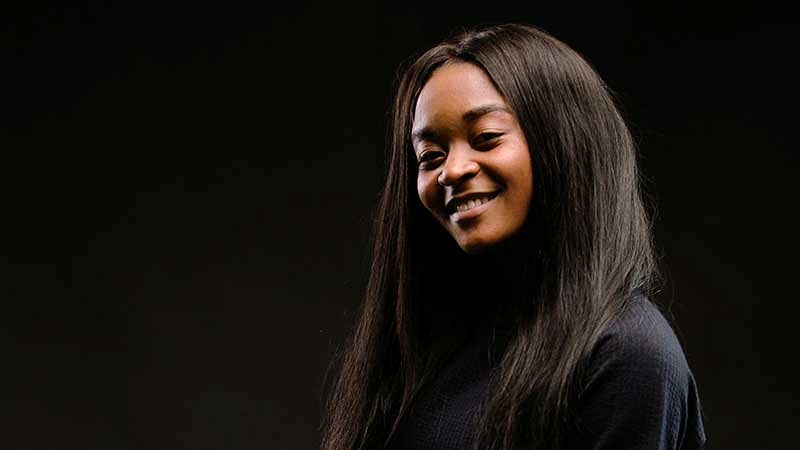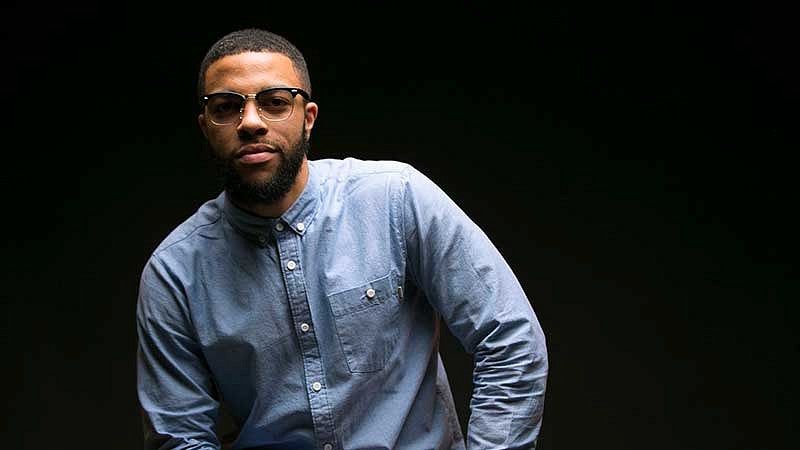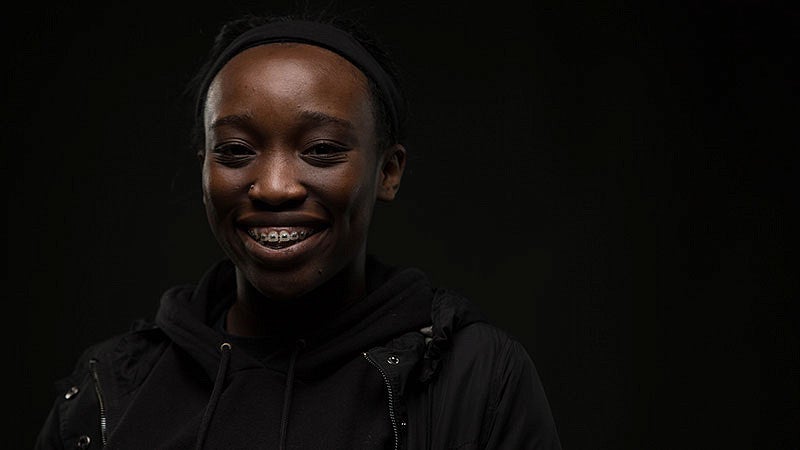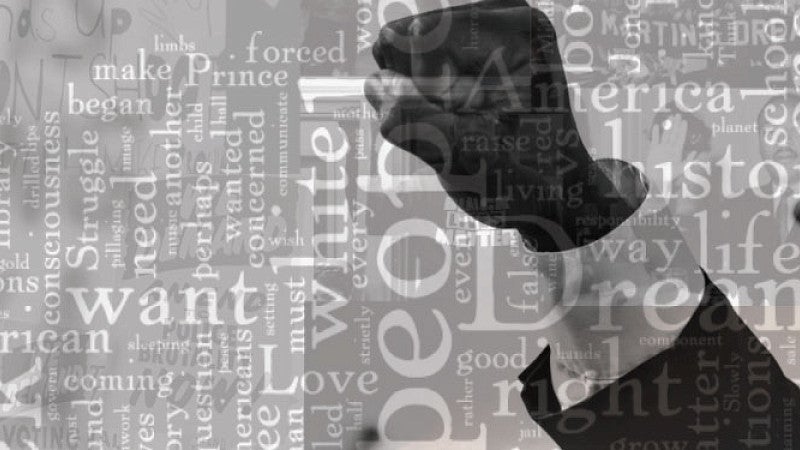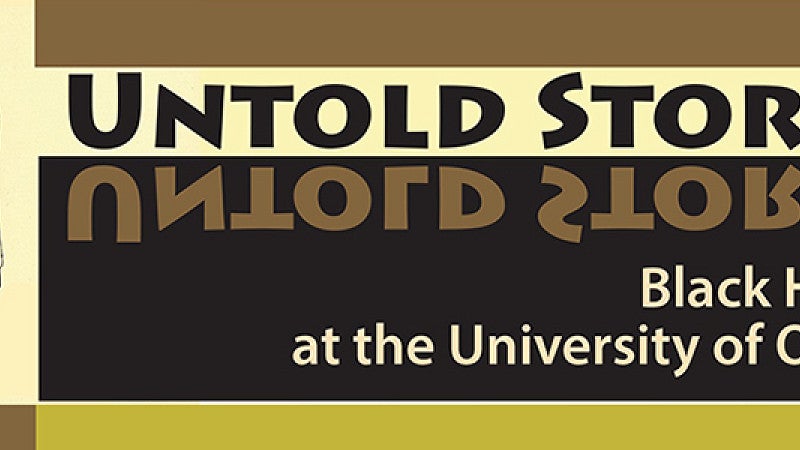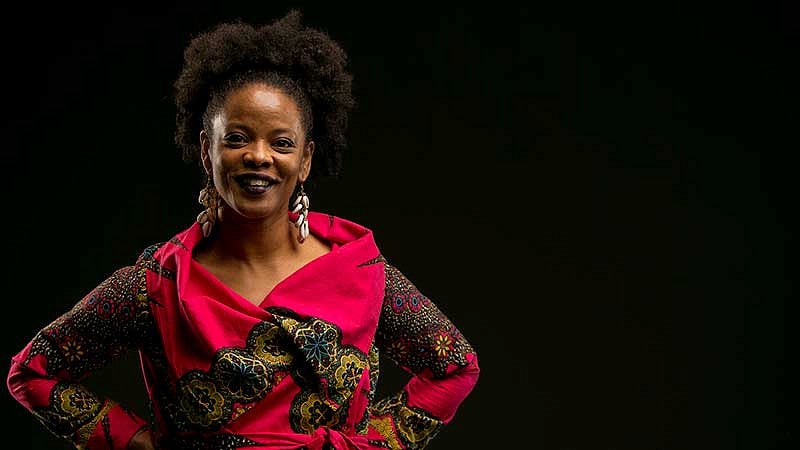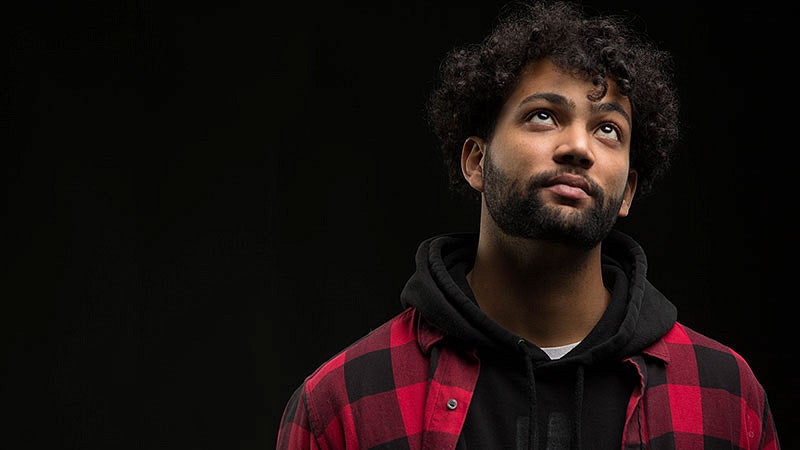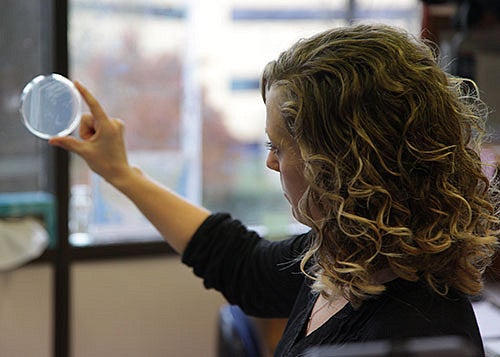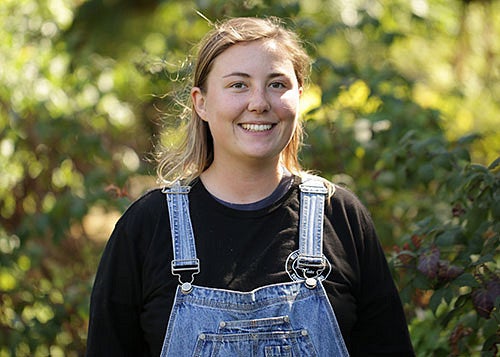Our Shared History
Our Shared History
Our Shared History
Throughout the month of February, the University of Oregon joins the nation in celebrating African-American history and the key role it has played in United States history. Several Ducks discuss what Black History Month means to them, how far African-Americans have come despite their oppression, how much further we still need to go for equality, and how black culture, black history and the black experience are an integral part of American history.
![Mabel Byrd with UO President Arnold Bennett Hall and alumni in New York City in 1926 [From “New York Alumni Welcome Dr. Hall,” Old Oregon, December 1926, 13.] Mabel Byrd with UO President Arnold Bennett Hall and alumni in New York City in 1926 [From “New York Alumni Welcome Dr. Hall,” Old Oregon, December 1926, 13.]](/sites/default/files/styles/custom_xl/public/mabel-byrd.jpg?itok=2AyTUj--)
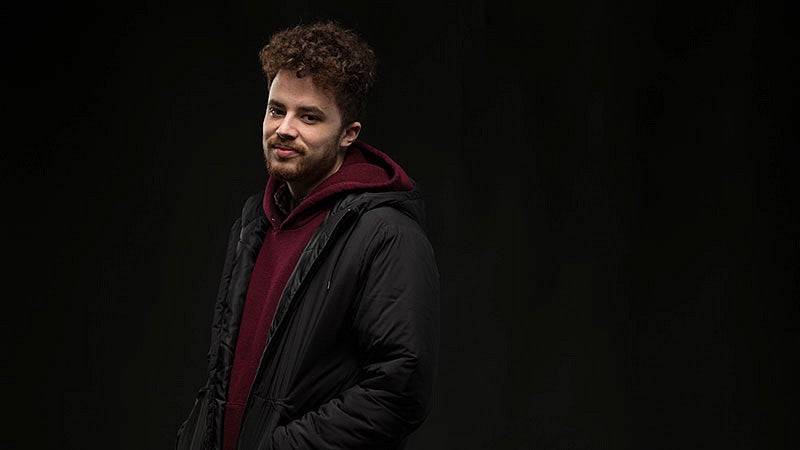
“Black History Month is a time that we can recognize very important parts of American history that don’t get recognized often enough in our education, in our school system, in our history books. It’s a chance to reflect on where we come from as a nation, where we’re at as a nation and where we want to go as a nation.”
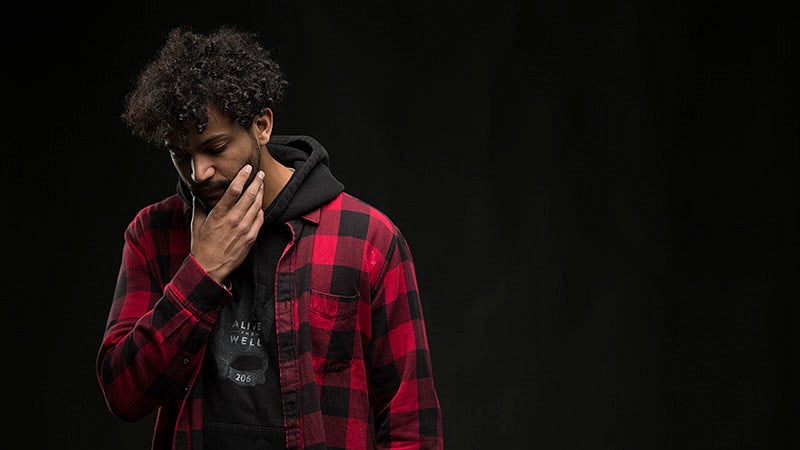
“It’s really a whole month of celebrating a culture that has been oppressed. I think it’s important and I think it’s something that if we do it correctly can really bring a lot of good subjects to the table at a time, like right now, that really need to be talked about.”

“I’m an avid believer that if you want to make something happen, you have to take responsibility upon yourself and go make that change.”
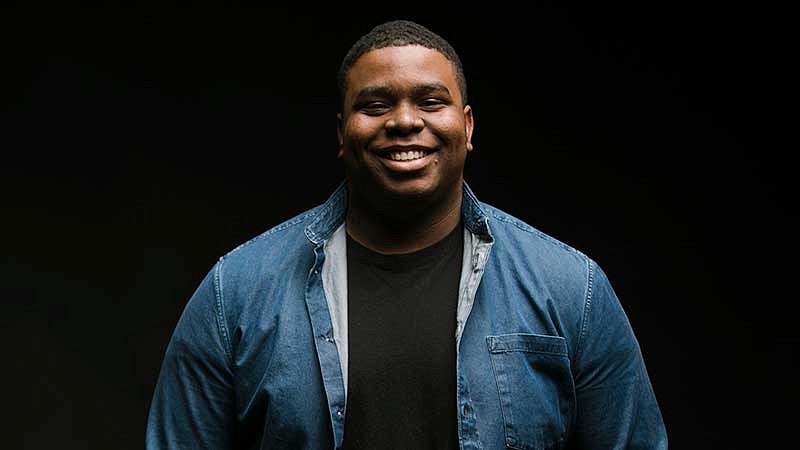
“A mentor I had in the past once told me to ‘teach one and reach one.’ I had to look for someone who would bring me up and instill in me the skills that I need while I also need to go back and bring as many people as I can along with me.”
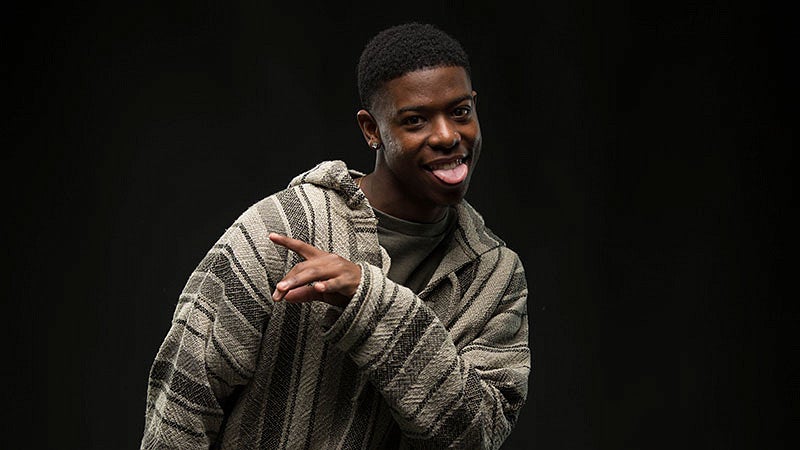
“I’ve never wanted to be anything but black. I’m thankful for that. I understand that these experiences that I go through in being black in these different situations is what makes me the person I am today.”
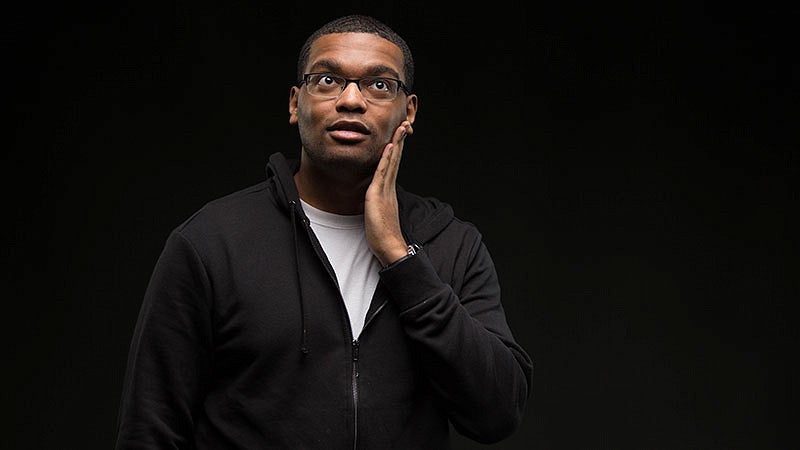
“For me, how we can celebrate Black History Month is by recognizing the very small African-American community that we have on campus and being aware that black people are more than just athletes or singers or any type of entertainer.”
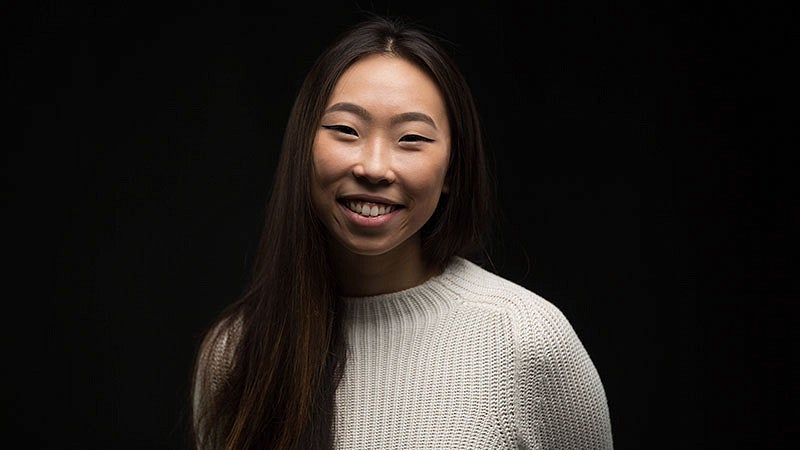
“When I think of black history I think of all the classes I’ve taken from sociology to ethnic studies and the people we’ve learned about that haven’t always had the spotlight when it comes to main black civil rights activists. ”
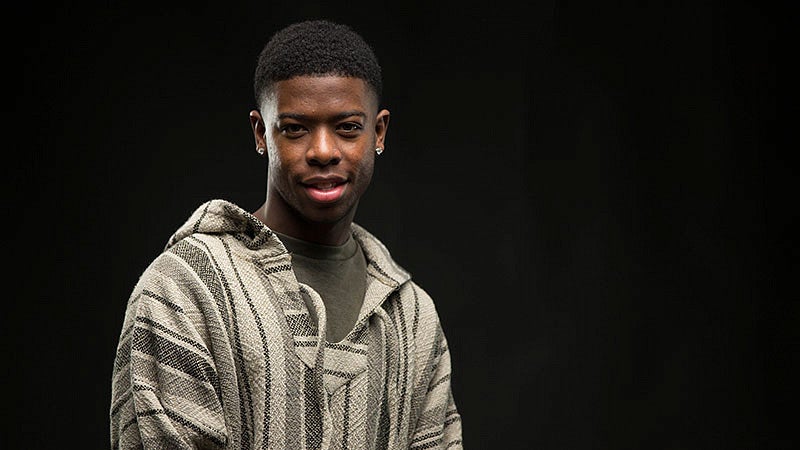
“When I walk into a room it’s not just I’m the only black person in the room – I’ve never looked at it or thought about it that way – I’m just as equal and well prepared for any situation as the next man regardless of his skin color. And that’s what black history is to me. The ability to be comfortable in your skin, love who you are and be who you are, and be true to yourself.”


